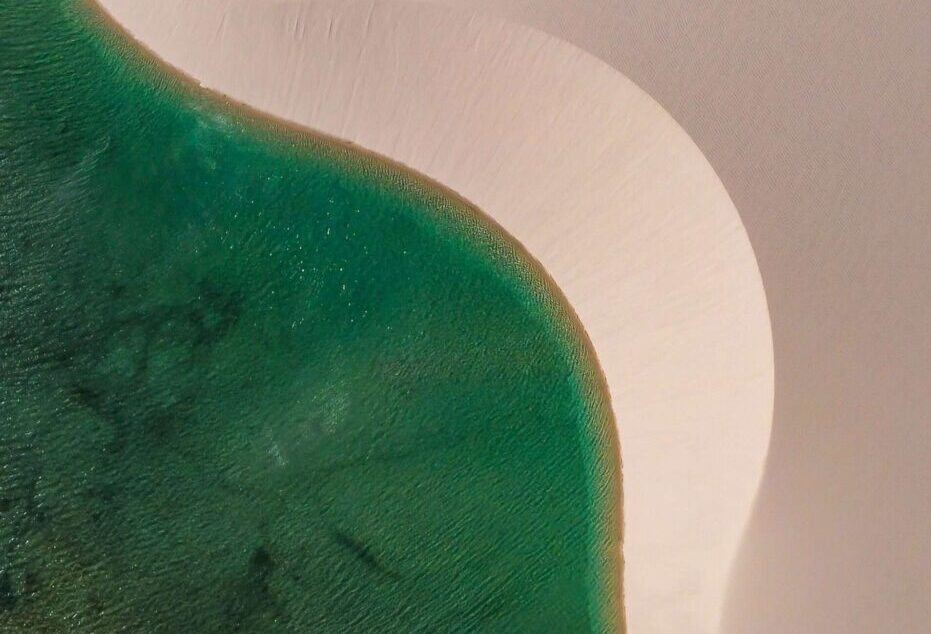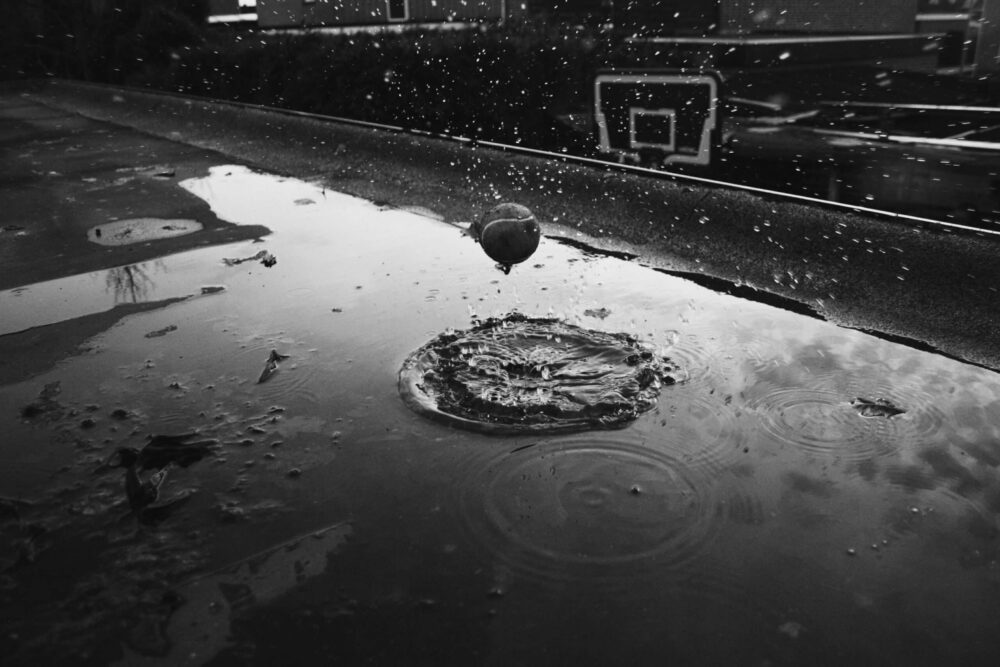The UAE (United Arab Emirates) had one of the highest consumptions of bottled water of approximately 33.90 gallons or 128.32 liters per day in 2017 due to a number of contributing factors such as hot arid climate with high temperatures and low rainfall and increasing population. However, the high costs of bottled water, possible health risks due to harmful chemicals such as BPA (Bisphenol A) present in plastics, and many unfavorable environmental hazards, are facilitating the gradual popularity of point-of-use (POU) and point-of-entry (POE) water filter systems.
POU systems are installed at a single water connection such as kitchen sink faucet or bathroom sink faucet. These systems will filter water at the actual point where it is being used. POE systems, on the other hand, are installed at the main water line where water enters the house. These systems are usually installed in front of the water heater to deliver pure hot and cold water throughout the house. Home water filters provide a wide range of advantages over bottled water. This article will provide an introduction to the current water quality treatment processes in Dubai and the necessity of using water filtration systems at home for the purposes of drinking water and cooking.
WATER QUALITY CHARACTERISTICS
Water quality in the UAE is considered to be one of the best. However, owing to high per capita water consumption and climatic conditions, the country is also dealing with water shortages. Groundwater constituted a majority (more than 50 percent) of the total water supply in UAE. However, the rapid increase in population with associated expansion in the agricultural sector has resulted in a drastic reduction of water levels in freshwater aquifers and saltwater intrusion from the sea in coastal areas into shallow freshwater aquifers. Groundwater pollution from anthropological activities such as irrigation, heavy industrial chemical pollutant discharge, and liquid effluents from septic tanks has resulted in the use of desalination plants for the provision of clean drinking water.
Desalination plants remove dissolved minerals (primarily salts) from seawater, brackish groundwater or treated wastewater to provide clean drinking water. The Jebel Ali plant has a capacity of approximately 140 MIGD (million gallons per day). The plant consists of eight 17.5 MIGD desalination units which use the Multi-Stage Flash process (MSF) with brine recirculation and four boilers. One of the major disadvantages of desalination is that it is an energy extensive process. Desalination plants also need very high capital costs and space requirements.
Increasing seawater salinity is a key challenge in reducing the cost of the treatment process as higher salinity impacts the desalination process.
WATER DISTRIBUTION/TRANSMISSION
As per Uniform Plumbing Code of UAE, the recommended material for water mains and service line pipes (water distribution) is plastic either in the form of PVC (Polyvinyl Chloride), CPVC (Chlorinated Polyvinyl Chloride), PP (Polypropylene), and PE (Polyethylene) to name a few. A number of research studies indicate that plastic pipes can release or leach substances that contribute to undesirable taste and odor issues in drinking water. Some of these substances could also be carcinogenic.
BENEFITS OF WATER FILTRATION SYSTEMS
According to the Ministry of Climate Change and Environment, the UAE consumes approximately 13 million bags of plastic and 450 million plastic bottles every year. The harmful impact of the use of plastic products has been well-documented by several environmentalists and scientists across the world. Plastics are generally non-degradable thus causing adverse effects on the environment. Plastic water bottles also cost a lot more than home water filter systems.
It can be concluded from the above discussions that home water filter systems could provide cost-effective solutions to drinking water issues currently prevalent in the UAE. There is a wide range of water filtration products available at Saniwater that provide treatment solutions to different water quality issues such as heavy metal removal, taste and odor issues, turbidity removal, microbial, etc. In order to select the most efficient/effective water filtration system, homeowners should get their water quality tested by a professional/certified laboratory. The Activated Carbon water filters by 3M provide chlorine reduction; eliminate taste and odor issues caused by dissolved inorganics and turbidity due to organic contaminants. Blue Pluser offers under-sink reverse osmosis filter systems that use permeable membranes to remove ions and larger particles from drinking water. Kinetico has Advanced Water Filtration systems that remove heavy metals such as lead and sediments from the water.
As discussed earlier, there is a vast variety of water filtration systems available in the market that provide cost-effective, environmental-friendly, and long-term water treatment solutions. The consumers can make judicious decisions about what system is best suited for their requirements based on their water quality.


